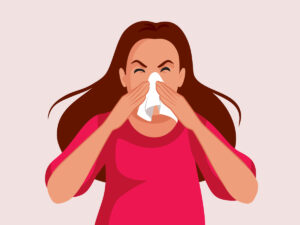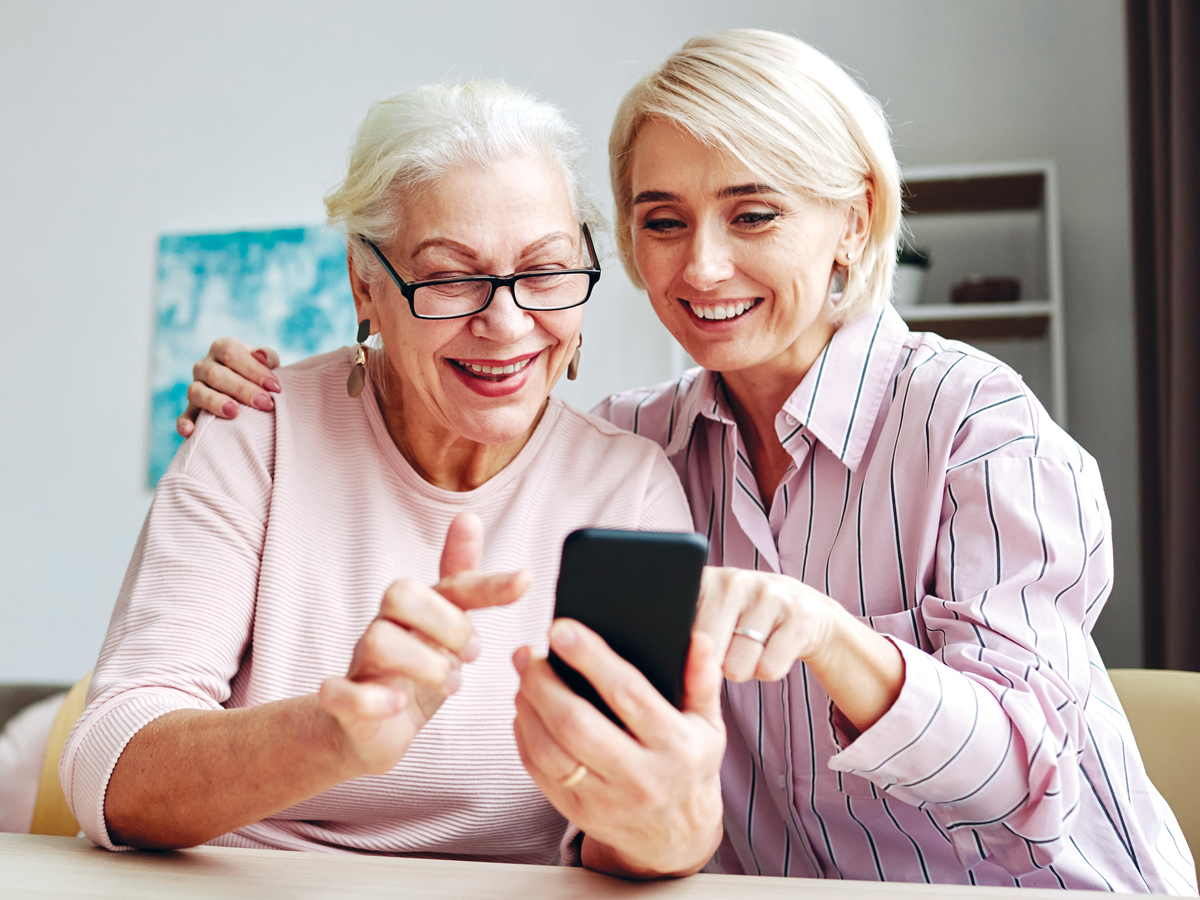What is social prescribing?
Social prescribing offers a new approach. It connects patients with nonmedical resources in their communities, focussing on their individual priorities and measuring the impact on overall health and well-being. It focuses on health promotion and encourages individuals and communities to take control over their health.

Sleeping pills and Alzheimer’s
New research from Universities of Copenhagen in Denmark, and Oxford in the United Kingdom is suggesting that sleeping pills may have a slowing effect on the brain’s glymphatic system—the process responsible for the efficient, nightly clean up of waste metabolites. While only being tested on mice at present, researchers now believe that slower or less inefficient cleaning may increase risk of Alzheimer disease in humans.

Spend wisely
Life is expensive but each of us can find joy in the little things we can afford. For some, there’s joy in getting a bargain or saving money. For others, purchasing something we’ve had our eyes on brings a smile.
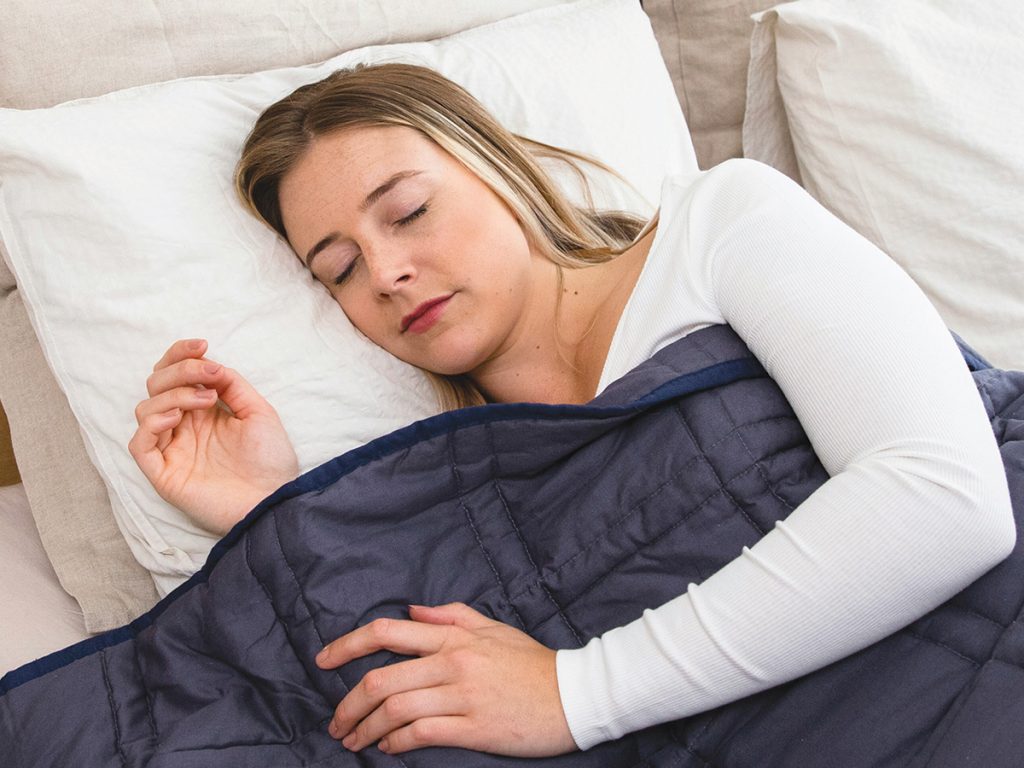
Get your beauty sleep
Getting enough regular sleep can directly impact your health and your appearance. While you sleep your body is restoring itself including improving blood flow, circulation, strengthening the immune system to help fight infection or illness, improving elasticity and hydration of your skin.
To avoid sleep deprivation, experts recommend at least seven hours of sleep daily. Poor sleep habits can negatively affect your skin, eyes and mouth by causing dark circles under your eyes, wrinkles or fine lines, swollen or red eyes, hanging corners around the mouth and paler skin than normal. Getting your “beauty sleep” will help you look more beautiful.
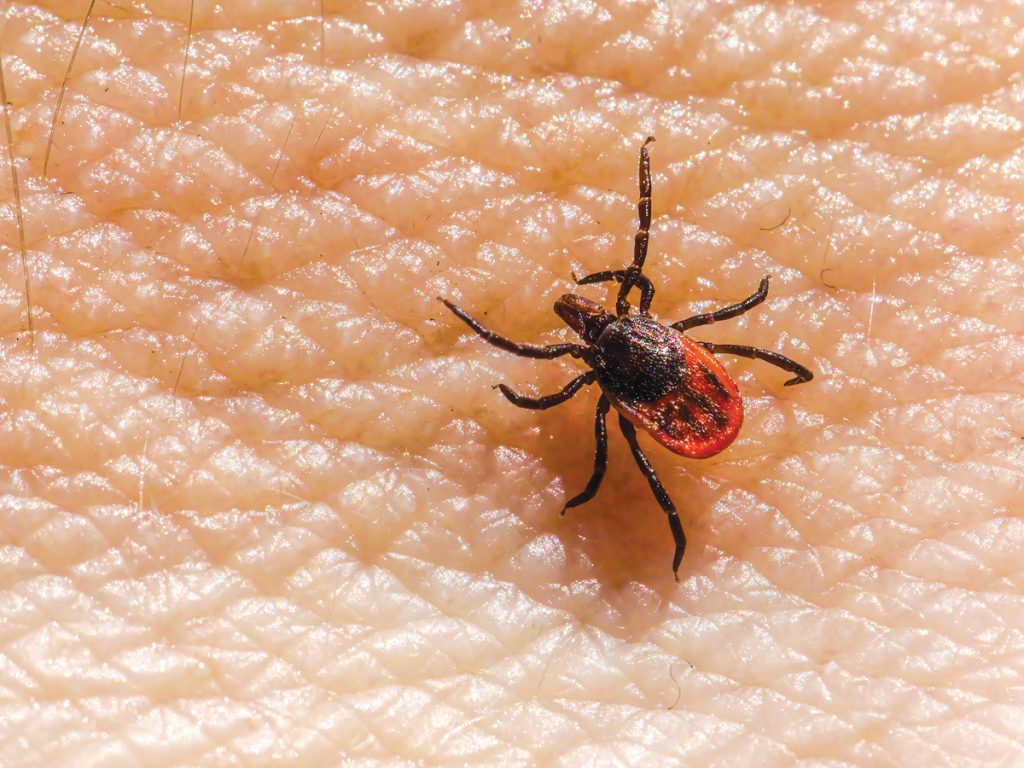
Essential oil may repel Lyme disease
As ticks carrying Lyme disease reawaken, researchers at Acadia University investigating the chemosensory and behavioural responses of the black legged ticks, have discovered some helpful news. Apparently, ticks only source nourishment using their sense of smell which means essential oils with strong, often unpleasant scent can drive them away. Some of the most effective oils include lavender, cedarwood, lemongrass, eucalyptus, peppermint, rosemary, geranium, clove, and tea tree.

Manage social media use
1) Set daily app limits: Use tools on your smartphone or tablet to prevent daily
overuse of social media apps.
2) Turn off notifications: This reduces the impulse to constantly check to help you regain control over your attention.
3) Create screen-free zones: Mealtime, bedrooms, and outdoor spaces are great places to stay unplugged.
4) Power down before bed: Avoid screens 1 hour before sleep to improve rest. This helps protect your sleep and melatonin production.
5) Take breaks: Dedicate one day a week for offline activities to recharge and connect.
6) Read or watch positivity daily: Follow inspiring, respectful accounts that reflect your values or bring joy. Read books.
7) Learn together: Sit down with your loved one and explore online spaces as a team. Make it a shared learning experience.
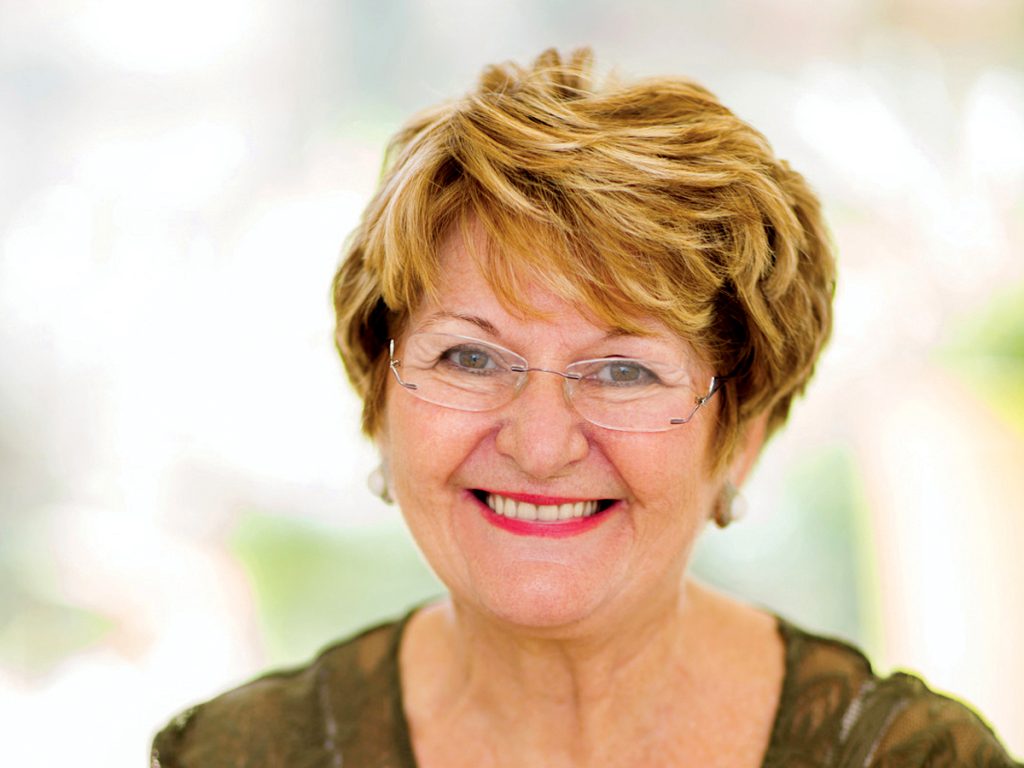
De-clutter your wallet
Much of what you have in your wallet today can be stored on your phone, such as photos of the kids and membership ID’s, thus freeing up space and making a less bulky wallet to carry. Do keep your government issued ID cards (driver’s licence and health cards), some cash and a few debit or credit cards in your wallet.
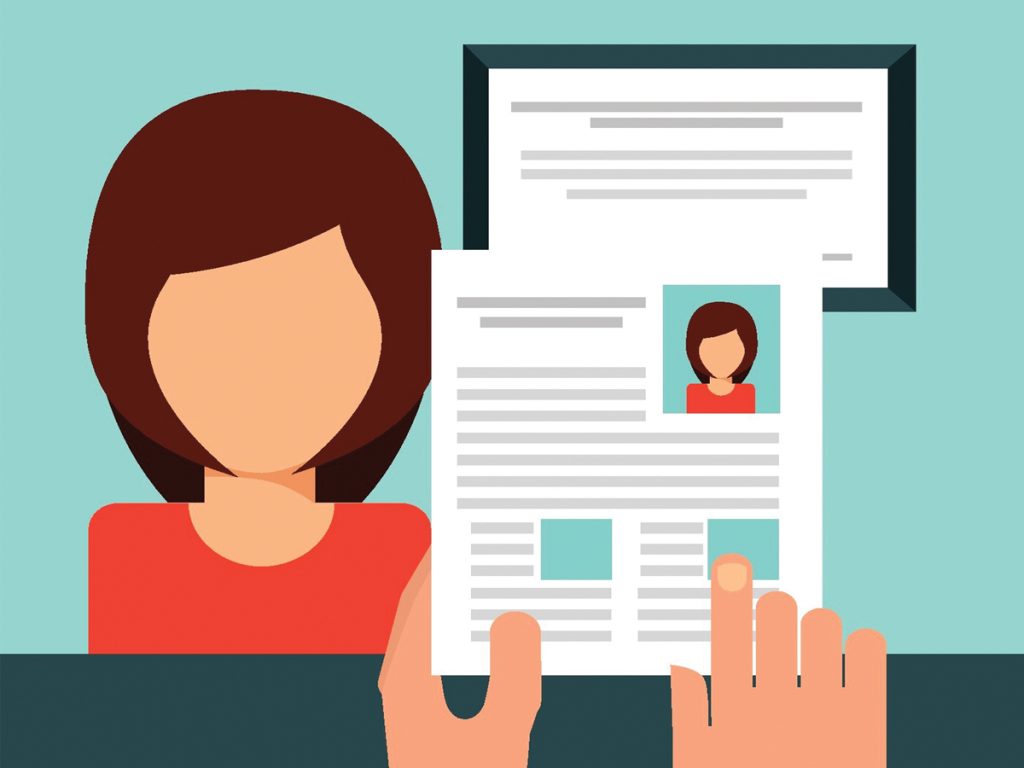
Succession Planning 101 for Caregivers
As a caregiver, having a future plan ensures your wishes are followed and your care recipient continues to receive support. In this webinar, learn about microboards, Henson Trusts, and the essentials of wills and estate planning.
Source: ontariocaregiver.ca
Images: CanStock. Curated Lifestyle, Slaapwijsheid, Erik Karits, Beatriz Camaleao, Unsplash. Shutterstock.


